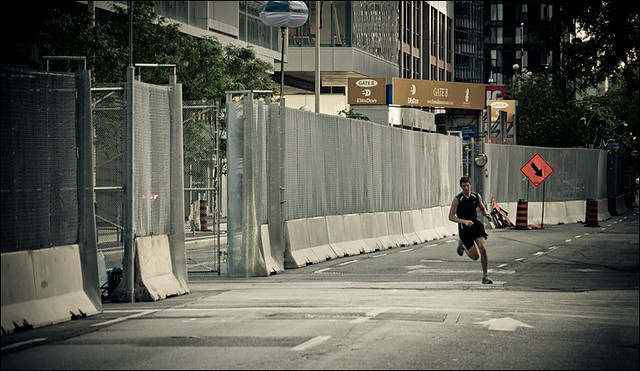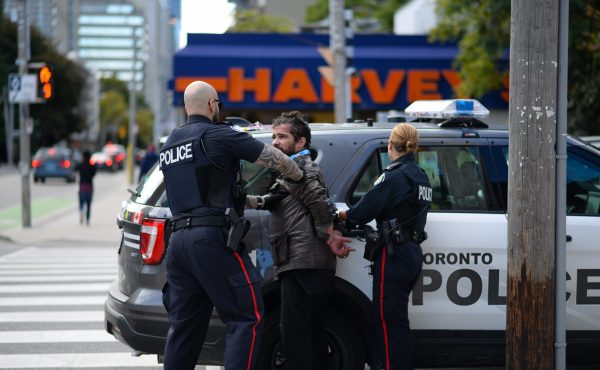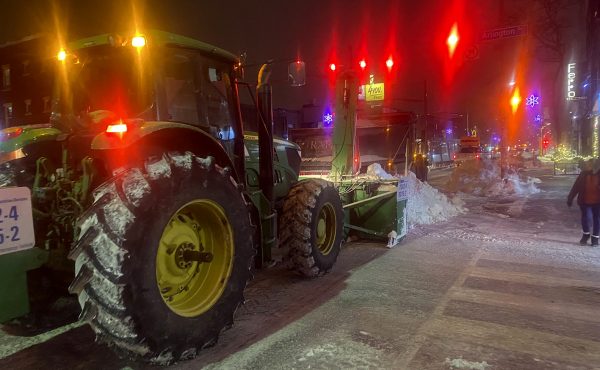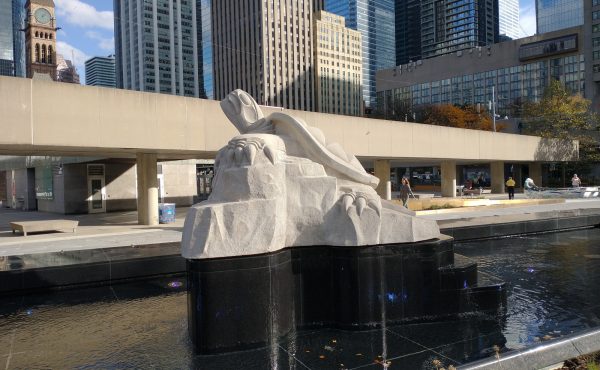

In the early 1990s, the Ontario Commission on Police Services conducted an extended probe of the internal affairs unit of the Metro Toronto Police following accusations about problems in the way allegations of wrong-doing were handled by the force. The so-called Junger/Whitehead inquiry — the names refer to two police officers, Gordon Junger and Brian Whitehead who found themselves on the wrong side of the internal affairs unit — held 53 sessions and another 13 evening meetings, retained the services of a retired judge to investigate internal documents, and collected evidence from other law enforcement agencies, including the RCMP.
The $1 million review made several stern recommendations about increased police accountability, at least some of which seem relevant to the G20 situation, such as…“The Metropolitan Toronto Police Services Board should adopt a policy stating clearly and unequivocally the obligation of the Chief to report fully on cases involving alleged wrongdoing by members of the force if the integrity of the force or the public interest is affected.”
1. Will testimony presented before the independent civilian review be sworn?
2. Will the panel’s counsel have the right to cross-examine witnesses?
3. Will the panel have the right to subpoena witnesses and compel public agencies, including the Government of Canada, the Government of Ontario, and the City of Toronto, to produce internal documents?
4. Will there be a fast-track process established to handle the panel’s Access to Information requests and subsequent appeals?
5. What is the budget of the review panel, who pays the bill, and does it have a deadline by which to deliver a report?
6. Will the panel have the ability to hire its own investigators to review evidence?
7. Given the large number of witnesses and extant digital evidence, how will the review accommodate and/or prioritize requests to depute?
8. Will the review panel obtain, review and disseminate the CCTV footage from the detention centre?
9. How will the panel deal with protester deputations involving alleged conduct complaints specific police officers who have been identified by badge number?
10. Will the Toronto Police Association be consulted or in any way involved in setting the terms of reference?
photo by Sam Javanrouh




2 comments
John, am I wrong in thinking that inquiries are not really what people seem to want given that an inquiry isn’t generally able to punish those it finds have acted improperly? Can a police inquiry recommend charges against members of the police force?
It seems as though people want accountability and for those found accountable to suffer some punishment. This shouldn’t come as a surprise, even the most highly evolved citizens are still somewhat driven by their baser emotions, retribution being one of them.
I would suggest that what people want (and by people I’m referring to those who feel either personally wronged by the police or harmed in some other way by the alleged damage to their rights and freedoms) is an internal police investigation…a criminal investigation…or they want someone to sue the police department.
I don’t see the truth coming out of any inquiry at any level. Only in court – criminal or civil – will we get to the hard facts. All of your questions are well founded, but I fear none of them will come to reality over course of an inquiry.
Josh: There is a concerted effort being made to take this to civil court.
https://www.g20defence.ca/